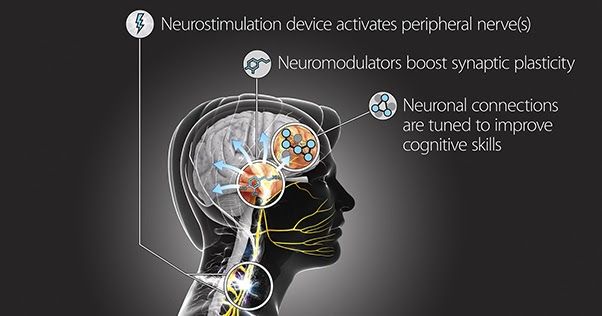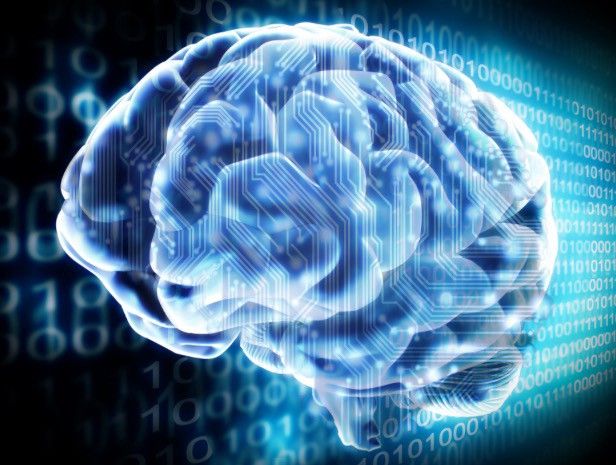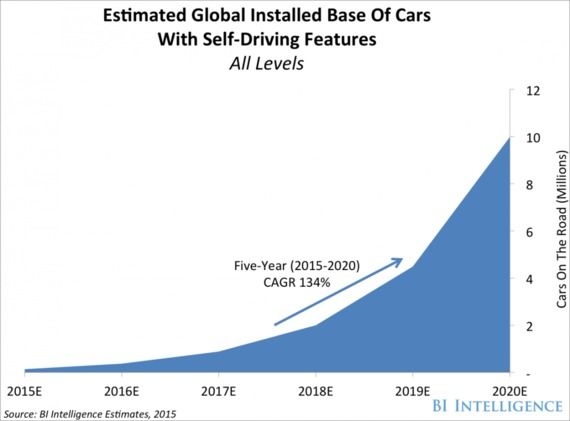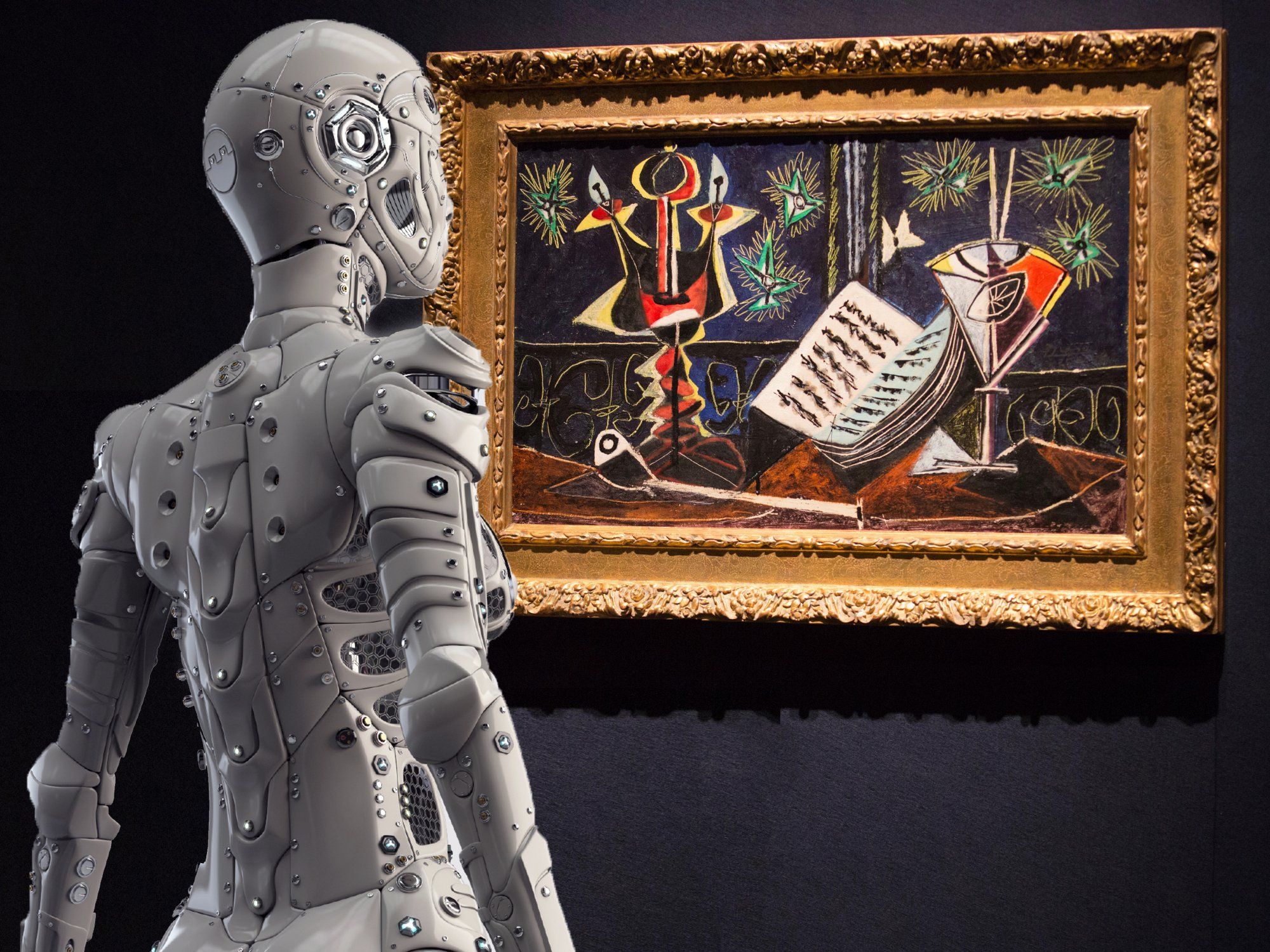Mar 20, 2016
6 Freeway Removals That Changed Their Cities Forever
Posted by Shailesh Prasad in categories: health, transportation
It seems counterintuitive, right? Rip out eight lanes of freeway through the middle of your metropolis and you’ll be rewarded with not only less traffic, but safer, more efficient cities? But it’s true, and it’s happening in places all over the world.
Many freeway systems were overbuilt in an auto-obsessed era, only to realize later that cities are actually healthier, greener, and safer without them. Like freeway cap parks, which hope to bridge the chasms through severed neighborhoods—Boston’s Big Dig is a great example—freeway removal projects try to eradicate and undo the damage wrought from highways, while creating new, multifunctional shared streets that can be utilized by transit, bikes, walkers and yes, even cars.
http://gizmodo.com/five-cities-turning-ugly-overpasses-into-…1259568561
Continue reading “6 Freeway Removals That Changed Their Cities Forever” »



















